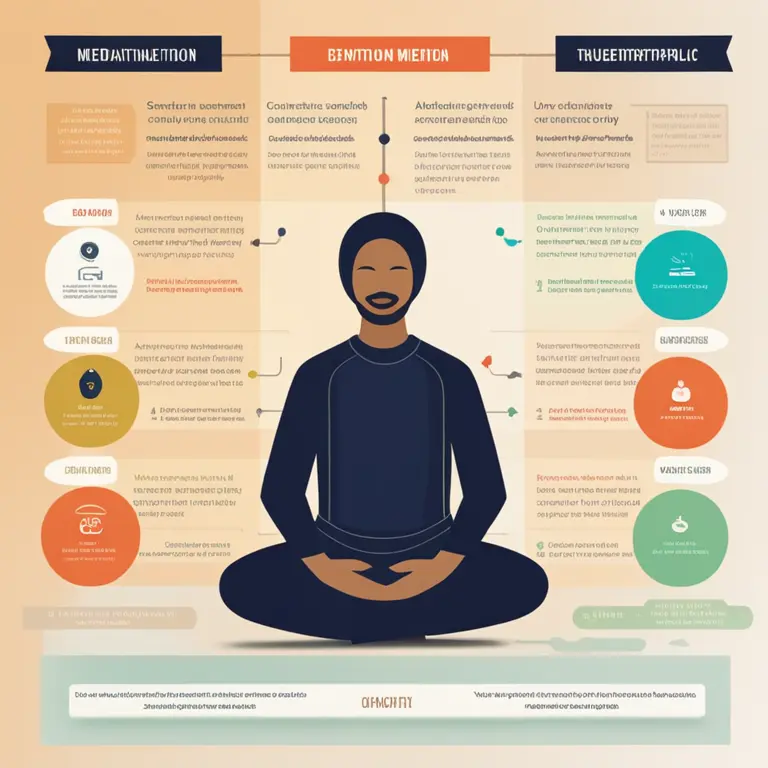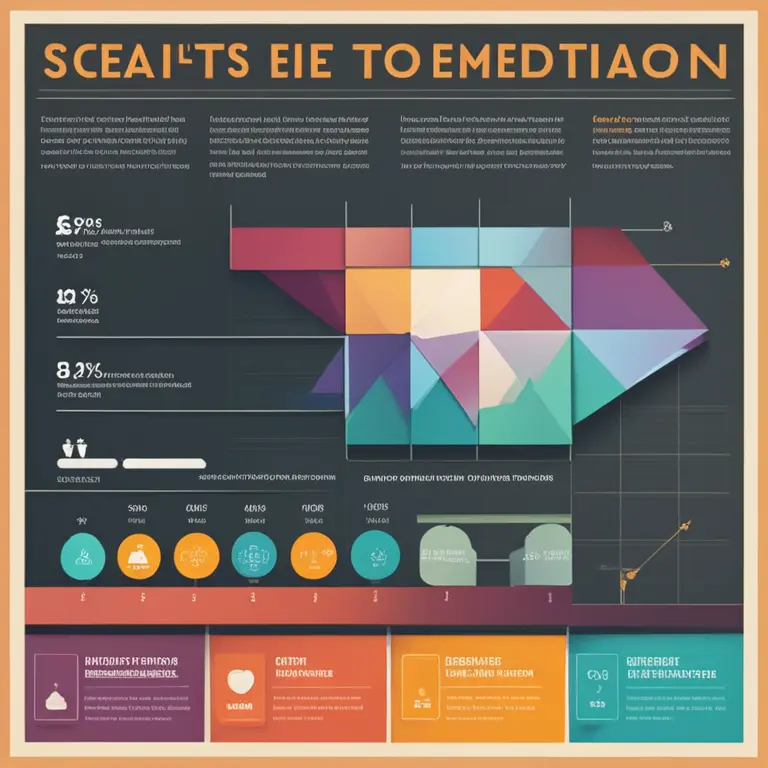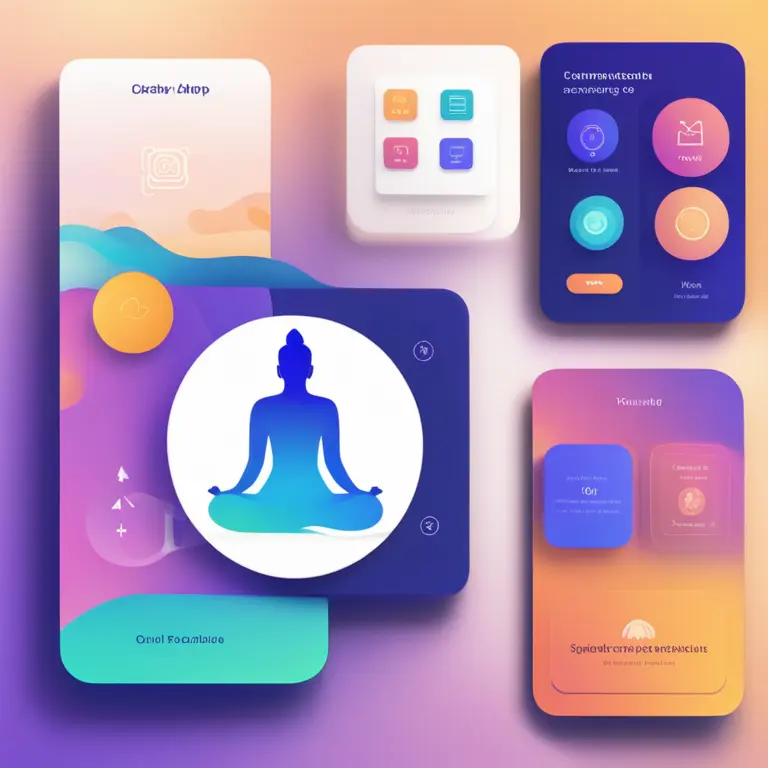
Do Meditation Apps Truly Enhance Your Practice?
Analyzing the effectiveness of meditation apps in fostering a fulfilling mindfulness routine in the digital age.
article by Hina Kurosawa
Meditation in the Digital Era
The practice of meditation has ancient roots, yet it has found a new home in the digital world. With a surge in popularity, meditation apps have become the go-to solution for many seeking tranquility amidst the chaos of modern living. But can these digital offerings truly replace or enhance traditional meditation methods? As we dive into the realm of mindful technology, we uncover the effectiveness and potential limitations of meditation applications in our quest for inner peace.

The Mechanism Behind Apps
Meditation apps operate on the principle of guided sessions, using audio and visual cues to lead users through various practices. From focused attention to progressive relaxation, these apps aim to cater to a wide spectrum of preferences. Furthermore, advancements in AI and machine learning have enabled apps in 2024 to offer personalized experiences, adapting to the user's progress and feedback. But does this high-tech customization translate to more effective meditation sessions?

Science Backed Benefits
Research continues to shed light on the efficacy of meditation apps, with studies indicating an array of benefits. Users often report improvements in stress reduction, focus, and overall mental wellbeing. Moreover, the accessibility of these apps has democratized the practice, enabling beginners and seasoned practitioners alike to integrate meditation into their daily routines. By eliminating barriers such as time and place, meditation apps have undoubtedly amplified the reach of this age-old practice.

Comparing App and Traditional Practices
Despite the evident advantages, one must ponder whether app-based meditation can match the profundity of traditional methods. Face-to-face interactions with an experienced guide and the energy of a group setting are hard to replicate in a digital format. Additionally, the tactile nuances of a serene environment – from the scent of incense to the feeling of a cushion – are absent in the virtual space. For some, these sensory components are integral to a complete meditative experience.

Building a Habit
A significant highlight of meditation apps is their role in habit formation. With reminders, streaks, and community challenges, these digital tools are designed to encourage consistency. For individuals struggling to create a regular practice, the motivational features of apps can be a game changer. As a bridge to daily discipline, apps prove to be an effective way to maintain engagement and help users realize the cumulative benefits of meditation.
User-Centric Considerations
The efficacy of meditation apps is not one-size-fits-all – it is subject to personal preference and lifestyle. While some users may find the guidance and structure empowering, others might perceive it as restrictive. The key lies in the user's approach and the degree to which they rely on the app. To maximize effectiveness, one must be intentional in their use, embracing the tool without disengaging from the self-awareness that meditation seeks to cultivate.
Future of Mindfulness Apps
Looking beyond 2024, meditation apps are poised to evolve with the introduction of augmented reality (AR) and virtual reality (VR) technologies. These immersive experiences could offer a new dimension to virtual meditation, addressing some of the sensory limitations of current apps. As innovation continues, it remains essential to assess whether these advancements foster authentic mindfulness practices or inadvertently lead us further from the essence of meditation.
Published: 1/14/2024
Modified: 1/15/2024
More predictions
Come back here soon to learn more about yourself and your future


Mindfulness & Meditation: A Guide for High Schoolers
Discover the benefits of mindfulness meditation tailored for the hectic life of high school students, and learn simple strategies to incorporate it into the daily routine.


Healing Through Mindfulness: Meditation & Trauma Recovery
Mindfulness meditation offers a powerful tool for individuals seeking solace and healing from traumatic experiences. Discover how this practice can aid in the journey towards inner peace.


Mindfulness Meditation: A Handbook for High Schoolers
Discover how mindfulness meditation can benefit high school students, enhancing focus, reducing stress, and promoting overall well-being.